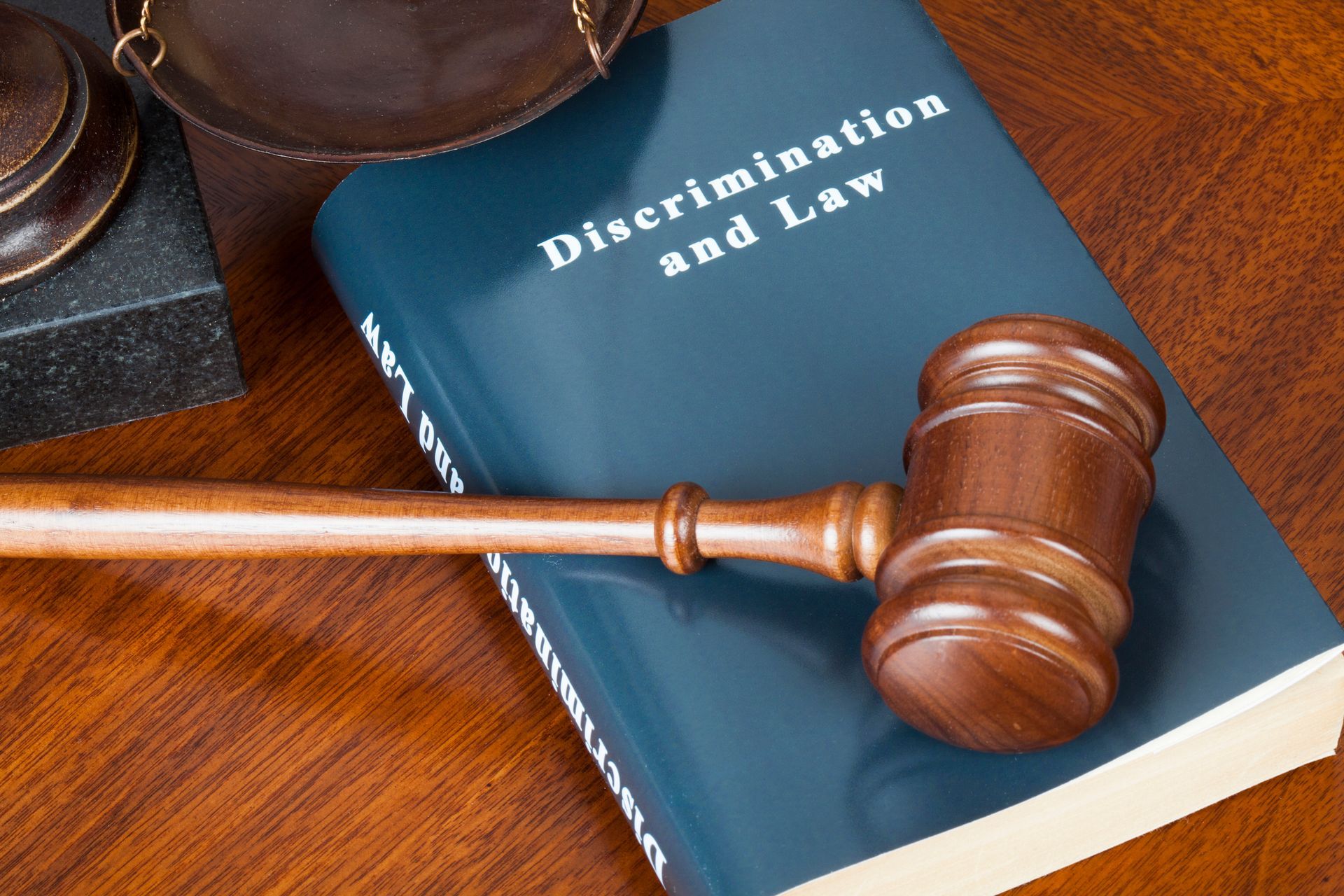Sex or Gender Discrimination by Employers: A Primer

All employees and job applicants have the right to be treated fairly. Employers are generally not allowed to discriminate against someone based on their sex or gender. If you feel that you are discriminated against for reasons of sex or gender, then you have the right to seek redress from your company or sue the employer if your demand for a remedy is not met.
Sex or Gender Discrimination Law
Federal law considers sex or gender a protected class. Just as employers may not discriminate against someone because of their race or religion, they may not discriminate against you because of your gender. In addition to federal law, most states also have statutes relating to sex or gender discrimination in the workplace. Alabama has an Equal Pay Statute that prohibits discriminatory pay practices based on sex, gender, and race.
Federal law, however, does not just prohibit employment discrimination based on whether you are biologically male or female. The law also protects individuals who face workplace discrimination because they are transgender or because of their gender identity or sexual orientation, according to the Equal Opportunity Employment Commission (EEOC). However, the United States Supreme Court could overrule previous court rulings protecting employees that are transgender or because of their gender identity or sexual orientation this winter or during early 2020.
Bias
The law specifically forbids your employer from engaging in certain types of behavior due to a bias against your sex or gender. For example, the employer may not refuse to hire a women simply because they feel the job is better suited to a man. If an employer denies you a job just because of your sex or gender, you have the right to file a Charge of Discrimination with the EEOC.
The employer also cannot fire you or lay you off due to your sex or gender. Nor can they legally discriminate against you when to comes to getting a promotion, obtaining benefits, or having access to training.
Pregnancy
Closely related to sex and gender discrimination is the issue of pregnancy. Historically, some employers have felt that pregnant women hurt the company's bottom line and have discriminated against any worker who was pregnant. The same law that protects workers against sex or gender discrimination also applies to pregnant employees.
An employer may not discriminate against you when you are pregnant or because of any reasons related to pregnancy or childbirth. The company must treat you the same as any other worker who is not able to work temporarily due to illness or injury.
Harassment
Sometimes people are confused about the difference between sex discrimination and sexual harassment. The distinction between the two is that sexual harassment is a specific form of sex or gender discrimination. A key point to remember is that sexual harassment does not have to involve someone making unwanted sexual advance toward you.
For instance, if you are a woman and a supervisor is constantly making you uncomfortable by disparaging women as a group, you can still hold that supervisor accountable for sexual harassment, even though the offensive or derogatory remarks were not directed against you personally.
Disparate Impact
An important concept regarding sex or gender harassment is disparate impact. The term disparate impact refers to workplace policies that have a much greater impact on one group than on another.
For example, if a company policy has a much greater negative effect on female employees than male workers, then that policy might be illegal under the law, even though the employer did not specifically intend to discriminate against anyone based on their sex or gender.
If you are victim of sex or gender discrimination in the workplace and cannot get the situation remedied, then a lawsuit against your employer might be the best way to obtain justice. When you are dealing with sex or gender discrimination at work, Allen D. Arnold, Attorney At Law, can help. Contact us to learn more.
Alabama Rules of Professional Conduct Notice: No Representation is made that the quality of legal services offered is greater than that of other lawyers. The information contained on this website is not a substitute for legal advice, and reading it does not create an attorney-client relationship.









